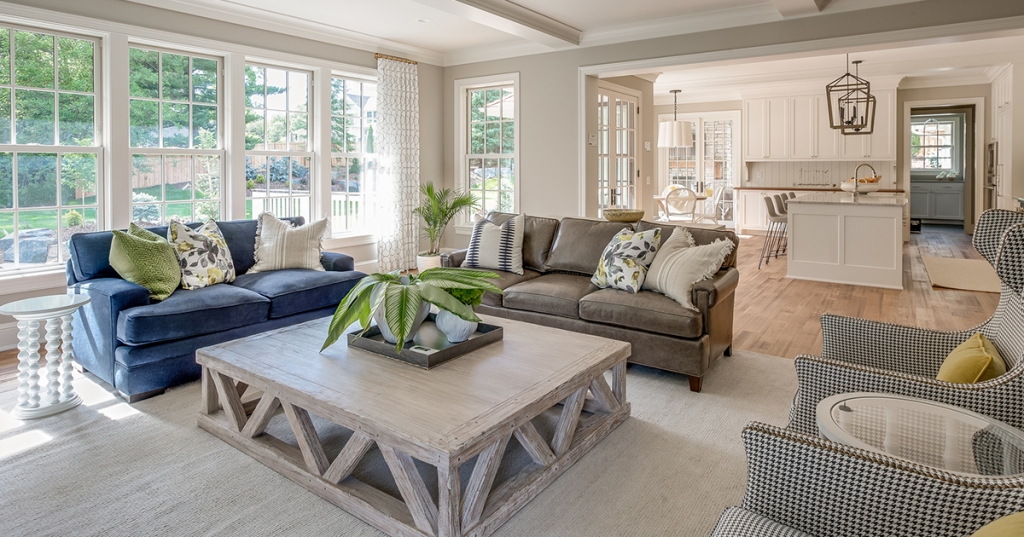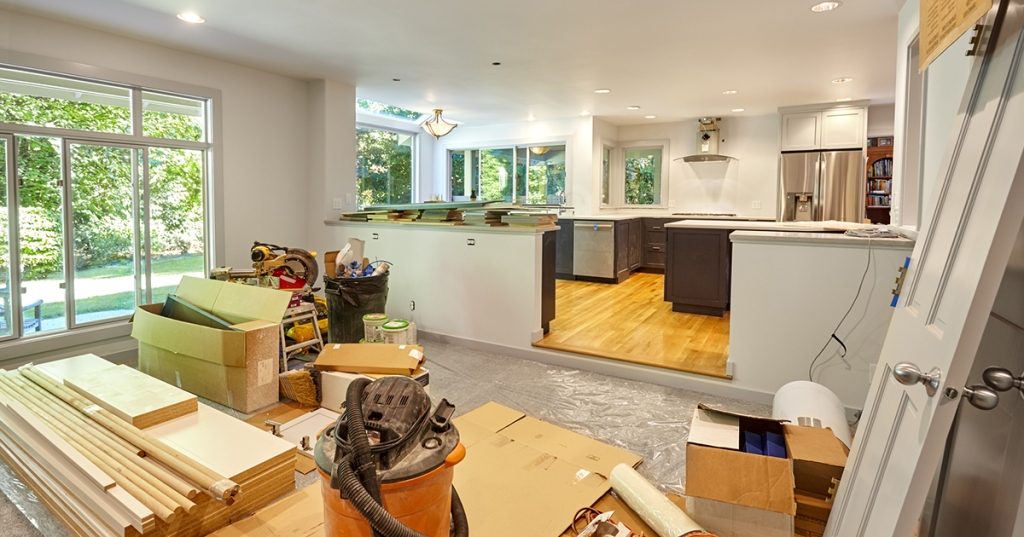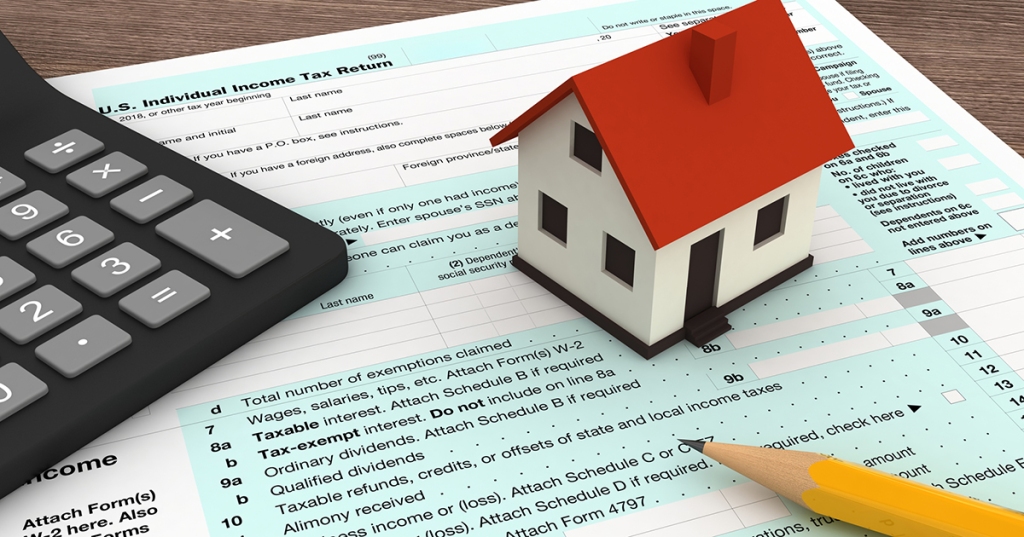
Let me propose a balanced picture of your local market with the perspective of an experienced agent.

Let me propose a balanced picture of your local market with the perspective of an experienced agent.
Tags:Home Buying, home buying tips, home selling, Houston Home Buying, houston home buying tips, Houston Home Living, Houston Home Selling, Houston Real estate, houston realtor, mortgage and finance
Posted in Home Buying, home selling | Leave a Comment »

Imagine looking around your home and wondering how you can make it shine during those crucial showings. The answer is simple: staging! It’s a powerful tool that can transform your property and raise its appeal.
Your online listing photos serve as the initial showcase for potential buyers. Staging plays a crucial role in enhancing these images, making them more captivating and inviting. It sets the stage, quite literally, for a positive first impression. When buyers scroll through your listing, professionally staged rooms catch their eye, drawing them into the story your home tells.
Staging isn’t just about creating a visually pleasing environment; it’s about sparking an emotional connection. A well-staged home exudes warmth and welcome, making it easier for buyers to picture themselves living there. It’s a canvas upon which they can paint their own future, creating an emotional bond with the space that lingers long after the showing ends.
The numbers don’t lie. According to the National Association of Realtors (NAR), 23% of buyer’s agents report that staging can increase the dollar value offered by 1-5% compared to non-staged homes. In essence, staging is an investment that yields a tangible return. It’s a strategic move to maximize your property’s market value and, ultimately, your selling price.
Staging has another subtle yet impactful benefit. It redirects attention away from any outdated or minor repair needs that you may not have had the resources to address before listing. Instead of fixating on imperfections, buyers are drawn to the positive aspects of your home. It’s about showcasing its potential and best features, ensuring they shine brightly.
To reap the full benefits of staging, timing is key. Ideally, it should be implemented before your home hits the market. The moment you decide to sell, consider reaching out to us. We can seamlessly incorporate staging into your selling timeline, ensuring your home stands out and captures the hearts of potential buyers right from the start. Don’t underestimate the impact of this transformative process—it’s the secret weapon in your arsenal to sell your home swiftly and at an optimal price.
Tags:Home Buying, home buying tips, home selling, Houston Home Buying, houston home buying tips, Houston Home Living, Houston Home Selling, Houston Real estate, houston realtor, mortgage and finance, property, real estate, realtor, selling, selling your home
Posted in home selling | Leave a Comment »
Tags:Home Buying, home buying tips, home selling, Houston Home Buying, houston home buying tips, Houston Home Living, Houston Home Selling, Houston Real estate, houston realtor, mortgage and finance
Posted in Home Buying, home selling, Housing Market, Houston Living, Mortgage & Finance | Leave a Comment »
Tags:Home Buying, home buying tips, home selling, Houston Home Buying, houston home buying tips, Houston Home Living, Houston Home Selling, Houston Real estate, houston realtor, mortgage and finance
Posted in home selling | Leave a Comment »

Before diving into renovation projects, it’s important to understand which upgrades are likely to boost your home’s value and which ones may not yield a significant return on investment. While certain improvements can enhance your home’s appeal and attract potential buyers, others may fall short of expectations.
It’s prudent to explore examples of home improvements that have the potential to increase your home’s value, as well as situations where renovations may not have a substantial impact on its worth. By gaining insights into these factors, homeowners can make informed decisions and maximize their return on investment when upgrading their properties.
Home improvements that may increase the value of the home:
Hardwood floors … Refinishing or updating to wood floors have good appeal and have a high return on the cost.
Kitchen Remodel – Updating the kitchen with modern appliances, countertops, and fixtures can increase the home’s value by improving functionality and aesthetics.
Bathroom Update – Renovating bathrooms with new fixtures, tiles, and amenities can enhance the home’s appeal, especially if it increases the number of bathrooms or improves their condition.
Curb Appeal – Enhancing curb appeal through landscaping, exterior painting, or updating the front door can make a positive first impression and increase the home’s perceived value.
Energy-Efficient Upgrades – Adding energy-efficient features such as insulation, or windows can attract environmentally conscious buyers and reduce utility costs, thereby increasing the home’s value.
Open Floor Plan – Removing walls to create an open floor plan can improve the flow of the home and make it feel more spacious, which may appeal to modern homebuyers and increase value.
Home improvements that may not affect value significantly:
Over-Personalized Upgrades – Home improvements that are highly customized to the homeowner’s taste, such as extravagant or niche features, may not appeal to a broad range of buyers and may not recoup their cost.
Low-Quality Workmanship – Poor-quality renovations or DIY projects that are not executed professionally may detract from the home’s value rather than adding to it.
Excessive Upgrades – Spending too much on renovations relative to the home’s overall value for the neighborhood may not yield a commensurate increase in value.
Unpermitted Additions – Home improvements made without the necessary permits or that violate building codes may lead to complications during the selling process and may not add value to the home.
Overcapitalization – Investing in upgrades that exceed the anticipated resale value of the home for the neighborhood may result in diminishing returns and may not justify the expense.
While there are many powerful investment aspects of homeownership, not all the money spent on it will necessarily increase the value. If the cost of some renovations won’t be able to be recaptured in the sales price, homeowners should recognize that in advance of making them. If they decide to move forward, they must realize that it was done for personal convenience or enjoyment.
On the other hand, some improvements can satisfy convenience, enjoyment and return part or all the cost. The latest Remodeling Impact Report done by the National Association of REALTORS® and the National Association of Remodeling Industry can provide more insight into cost recovery.
Your real estate professional can provide guidance of a more specific nature.
Tags:Home Buying, home buying tips, home improvement, home renovation, home selling, Houston Home Buying, houston home buying tips, Houston Home Living, Houston Home Selling, Houston Real estate, houston realtor, mortgage and finance, real estate, realtor, renovation
Posted in home selling | Leave a Comment »
Tags:Home Buying, home buying tips, home selling, Houston Home Buying, houston home buying tips, Houston Home Living, Houston Home Selling, Houston Real estate, houston realtor, mortgage and finance
Posted in home selling | Leave a Comment »

Some home improvements may not necessarily add value to the property but instead enhance convenience and comfort for the homeowner’s enjoyment while living there; call me if you have questions.
Tags:Home Buying, home buying tips, home selling, Houston Home Buying, houston home buying tips, Houston Home Living, Houston Home Selling, Houston Real estate, houston realtor, mortgage and finance
Posted in home selling | Leave a Comment »

Ready to up your real estate game? Let’s work together to make your home buying or selling experience a winning hand.
Tags:Home Buying, home buying tips, home selling, Houston Home Buying, houston home buying tips, Houston Home Living, Houston Home Selling, Houston Real estate, houston realtor, mortgage and finance
Posted in Home Buying, home selling | Leave a Comment »

A good listing agent will maximize your proceeds of sales so that you realize the most from your equity.
Tags:Home Buying, home buying tips, home selling, Houston Home Buying, houston home buying tips, Houston Home Living, Houston Home Selling, Houston Real estate, houston realtor, mortgage and finance
Posted in home selling | Leave a Comment »

In recent years, home values have soared, presenting an opportunity for homeowners with substantial equity to consider a unique tax benefit.
Section 121 in the IRS code allows for homeowners who meet certain requirements to exclude up to $500,000 of capital gain on the sale of their principal residence. Single or married taxpayers filing separately can exclude up to $250,000 of capital gain. Taxpayers must meet the following requirements:
Capital gain is determined as selling price, less sales costs, less basis in the property which is the purchase price paid for the home plus capital improvements made during the tenure. Capital gains more than the exclusion amounts are taxed at the capital gains rate which varies between 0% and 20% depending on the taxpayers adjusted gross income in the year of the sale.
Some exceptions for divorce, death of a spouse, or military service may apply. For more information, see IRS Publication 523 and download our Homeowners Tax Guide. It is always advisable to seek the counsel of your tax professional for your particular situation.
Tags:Home Buying, home buying tips, home selling, Houston Home Buying, houston home buying tips, Houston Home Living, Houston Home Selling, Houston Real estate, houston realtor, mortgage and finance
Posted in home selling | Leave a Comment »
You are currently browsing the archives for the home selling category.